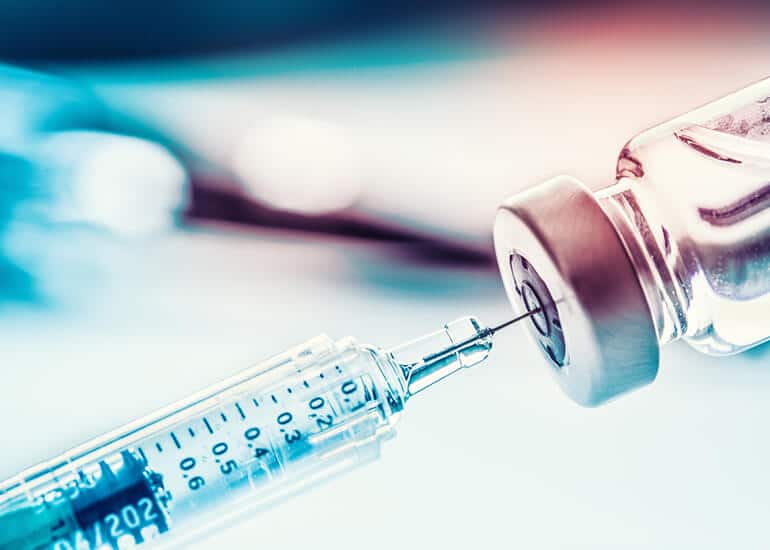
If I told you there was a vaccine to prevent cancer, would you want it? The Human Papilloma Virus (HPV) vaccine is one of the only vaccines currently known to prevent cancer. Every year, there are approximately 34,000 cases of HPV related cancers in men and women, most of which can be prevented by administering this vaccine. HPV is the most common sexually transmitted infection with 79 million Americans currently infected and 14 million newly infected each year. HPV is a virus responsible for cancers of the cervix, vagina, and vulva in women, penile cancer in men, and cancers of anus and throat in both men and women. Multiple types of HPV exist. The most common ones are HPV 6, 11, 16, and 18. HPV types 6 and 11 cause genital warts, and types 16 and 18 are high-risk strains that can lead to cancer. All current HPV vaccines protect against these two prevalent high-risk strains, and some vaccines cover all four strains and more. The Centers for Disease Control (CDC) strongly recommends both, boys and girls, to be vaccinated starting at age 11 or 12. Two vaccines are administered 6 to 12 months apart. For children older than 14 years, three vaccines are administered over 6 months. Young women can get the vaccine up to the age of 26, and young men are able to do so up to the age of 21.
Early stages of the HPV infection may not cause any symptoms, increasing the risk of contracting it unknowingly. In fact, symptoms may not become apparent until cancer has developed. Therefore, it is important to be proactive and vaccinate children and young adults. Even if someone has been diagnosed with HPV, the vaccine is still recommended. Although the vaccine will not treat the current infection, it can protect the individual from other HPV high-risk strains. Additionally, routine pap smears for women should be continued after being vaccinated to screen for cervical cancer as not all types of HPV are covered by the vaccine.
The vaccinations have been found to be safe and effective. The benefits of the vaccine outweigh the potential risks, and no serious side effects have been shown. The efficacy of the vaccine has been proven since it was introduced in 2006. The vaccine has shown to decrease the prevalence of HPV infections, such as genital warts and precancers of the cervix. Furthermore, the vaccine has been shown to have protective effects for almost 10 years. Despite the strong evidence of safety and efficacy of the vaccine, close to 50-60% among adolescents and young adults receive it. Additionally, the vaccination rates are lower among the rural population compared to the urban population.
The vaccines are easily accessible and are available at primary care physician offices, community health centers, school-based health centers, and health departments. The payment for the vaccine is covered by Medicaid and most private insurances. Other options are also available for those who are uninsured, and the local health department can advise on the available resources in your community.
In summary, the HPV vaccine is one of a kind as it can protect against a prevalent sexually transmitted infection and its associated cancers. The vaccine is recommended for boys and girls starting in middle school, and it can be administered up to the age of 26 in women and 21 in men. The vaccine is safe to administer and effective in its purpose. It is accessible, and many options are available to make it affordable. Children and young adults can be easily protected by a simple act of getting a vaccine. Be proactive for your child’s health and encourage the young adults of the community to take simple measures to keep themselves healthy.
Be sure to talk with your doctor to see if the HPV vaccine is right for you or your family.
Farina Shafqat is a third-year medical student at Mercer University School of Medicine. She’s interested in pursuing emergency medicine and advocating for preventive screenings in the community.
This article was originally published in the Farmers and Consumers Market Bulletin Mercer Medical Moment on Wednesday, May 19, 2019.
